|
It was not long ago when human beings manufactured everything they needed with their own hands. With industrialisation, modernisation and the dawning of the information age, our hands have been freed and forgotten as machines have replaced handiwork, and traditional handicrafts have vanished one after another. We rejoice that we do not have to toil with our hands anymore, and ten fingers have evolved down to one, as with a click of the mouse of the computer, a dazzling array of daily necessities, commodities and consumables are always readily available. Thanks to technology, the act of consumption becomes increasingly simple, allowing our infinite desire for material goods to run rampant. In this era when it seems that one can have the world in a click of the finger and when there is no need for us to labour with our hands, what have we gained, and what have we lost?
In this issue of the E-newsletter, through getting to know the artisans and trying to do handicrafts, three writers who have been exploring sustainable living reflect on the connection and relationship between objects, humans and our hands in the contemporary consumeristic world. They discuss how such connections affect the natural environment upon which our very survival depends as well as the impact on our happiness as individuals.
|


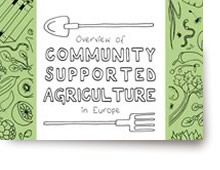 |
The International Network for Community Supported Agriculture (URGENCI) published a research report last May. The report, entitled “Overview of Community Supported Agriculture in Europe”, covers in detail the development of CSA in 22 European countries, and is an excellent reference for an understanding of CSA in Europe...
[More]
|

 |
"Doing handicrafts doesn’t involve high costs. You can pick up raw materials easily in the kitchen waste, by the road and among weeds. Many participants are surprised, and exclaim that they have discovered a rare skill for saving money and the door to a new world. Indeed, there is actually no need for us to keep consuming. We have enough raw materials and inspiration from our daily life and from Nature…… Let us get to know each other better through handicrafts, and cherish objects and people more because of ‘With Love from Our Hands’."
Tang Tang (Fine arts student, mentor on fabric dyeing for the “With Love From Our Hands” programme run by the Green SOS Youth Development Centre)
|
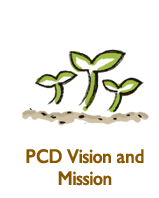  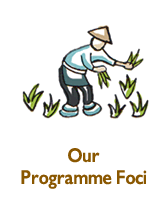 
 |

Though we are based in different regions and have different work approaches, we are all striving to practise sustainable living, and the ripples we create will definitely benefit other partners. Please share your experience and reflections with us and send your stories to enews@pcd.org.hk. The subject of your stories should be related to your programmes. Please provide your name, project background and photographs. Please do not exceed 2,000 words.
|
 |

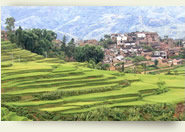 Established in Hong Kong in May 2001, Partnerships for Community Development (PCD) is a community development organisation without any religious or political affiliation. It is set up and funded by the Kadoorie Foundation (via a stream of funds allocated by the Hon. Mrs McAulay). The Foundation is a Hong Kong-based trust founded in 1970 by the late Sir Horace Kadoorie who believed in the motto: "Help people to help themselves" Established in Hong Kong in May 2001, Partnerships for Community Development (PCD) is a community development organisation without any religious or political affiliation. It is set up and funded by the Kadoorie Foundation (via a stream of funds allocated by the Hon. Mrs McAulay). The Foundation is a Hong Kong-based trust founded in 1970 by the late Sir Horace Kadoorie who believed in the motto: "Help people to help themselves"
PCD believes that everyone, however deprived in material terms, has the right and the ability to lead a dignified and sustainable life in harmony with others, with nature and with the world at large. Individual well-being and sustainable living are crucial to maintain a harmonious and sustainable community. PCD believes that the whole community must reflect together on its relationship with nature and on its cultural traditions.
Main areas of work include: Protection of environment, ecological agriculture, holistic health, preservation and innovation of local cultures, cultural reflection on the non-sustainable development model, learning about sustainable living and putting it into practice.
|
 |

Hong Kong Head Office:
13/F Chi Wo Commercial Building, 20 Saigon Street, Jordan, Kowloon, Hong Kong
Tel: (852) 2458-0011 Fax: (852) 2430-7099
Email: info@pcd.org.hk Website: www.pcd.org.hk
|
|

















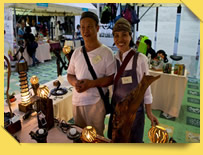

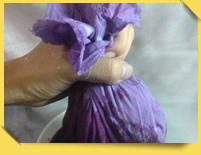
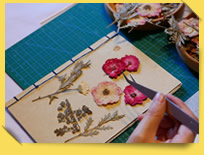
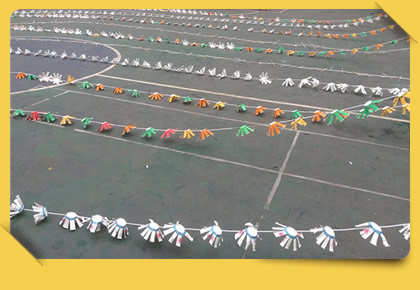

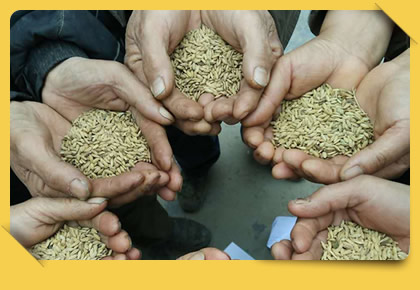

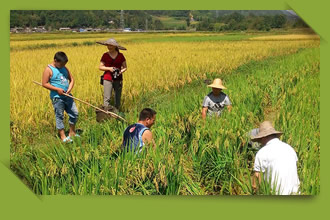

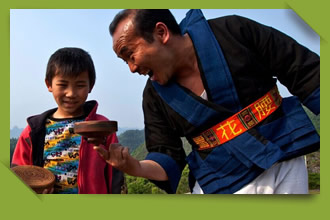









 Established in Hong Kong in May 2001, Partnerships for Community Development (PCD) is a community development organisation without any religious or political affiliation. It is set up and funded by the Kadoorie Foundation (via a stream of funds allocated by the Hon. Mrs McAulay). The Foundation is a Hong Kong-based trust founded in 1970 by the late Sir Horace Kadoorie who believed in the motto: "Help people to help themselves"
Established in Hong Kong in May 2001, Partnerships for Community Development (PCD) is a community development organisation without any religious or political affiliation. It is set up and funded by the Kadoorie Foundation (via a stream of funds allocated by the Hon. Mrs McAulay). The Foundation is a Hong Kong-based trust founded in 1970 by the late Sir Horace Kadoorie who believed in the motto: "Help people to help themselves"